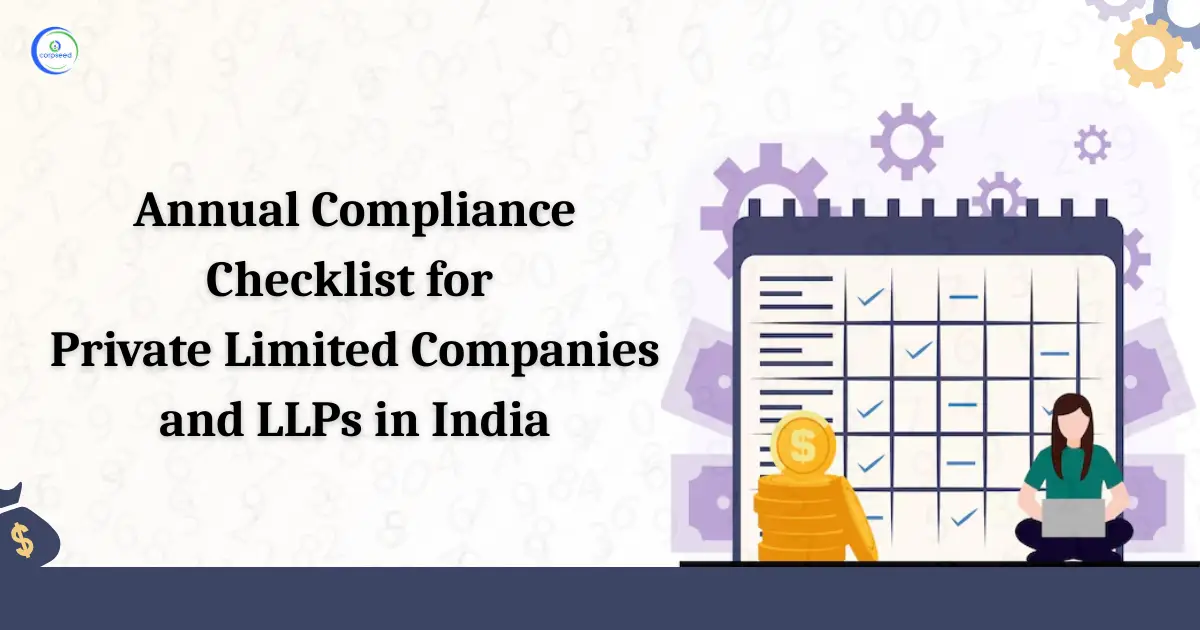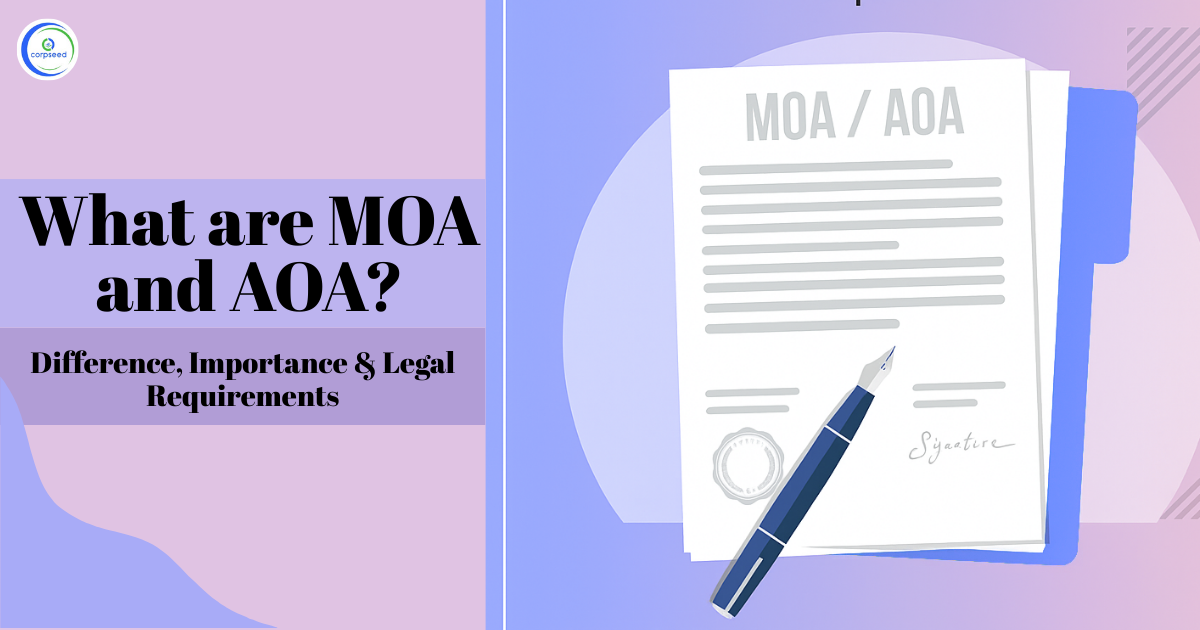Renting a property in India might seem easy, but there is an important legal step that many people forget getting rent permission. If you are a government employee looking to rent out your house or a private owner letting out your property, obtaining rent permission ensures the rental is completely legal and protects both you and the tenant.
Table of Contents
For private owners, it mainly helps secure rental income without problems. For government employees, following service rules before renting is necessary. Knowing about rent permission, why it matters, and how to get it can save you from legal troubles and disputes later.
The History of Rent Permission
The idea of rent permission came from several years ago, it is associated to government service rules. In the initial days, there were numerous government employees renting out property without having any valid permission face legal consequences, penalties and in some cases they were required to vacate the places. After this incident, the departments introduced ‘Rent Permission’ to build transparency, track housing usage, and avoid misuse of any government-owned or employee-owned premises.
For private property owners, the legal structure for renting property has developed with landlord-tenant laws like the Rent Control Act and following amendments. Today, even private owners are stimulated to get formal rent permission through municipal authorities or authenticated agreements to protect their property and rights.
What is Rent Permission?
Obtaining rent permission is one of the most crucial steps in leasing or renting out a property. It is an official permission granted by an authority, such as a government department or municipal office. For government employees, getting a rent permission is often a compulsory requirement under service regulations. For private owners, it acts as a legal protector, and ensures them that their rental operation are in compliance with property and tenancy laws. Basically, rent permission ensures:
- The proprietor is the legal owner of the property.
- The property is being rented with official approval.
- The rental arrangement comply with the legal and regulatory framework.
This permission is basically documented in the form of a rent permission letter, which can be later used as proof of compliance in case of clashes or verification checks.
Who Needs Rent Permission?
Rent Permission is a primary and most vital step for anyone planning to lease their property. Securing a legal approval no only ensures lawful compliance but also safeguards the property owner and the tenant from any potential future arguments. When it comes to rent permission both government employees and private property owners have particular considerations.
- Government Employees: Government employees while renting out their personal property are required to get approval from their department prior to signing any lease. The process guarantees that the rental activity does not clash with service guidelines or departmental rules.
- Private Property Owners: Although it’s not always obligatory, private owners are instructed to obtain rent permission through municipal offices or notary services. This ensures they are safe from any disputes, unauthorized tenancy, or claims arising from illegal occupancy.
--------------Blog Contact Form-------------
Why Rent Permission is Important?
Getting the rent permission is not just a legal obligation but, it’s an important step that offers numerous benefits that safeguard both tenants and landlords while confirming legal and procedural compliance. Some of the key importance include:
- Legal Protection: Having a valid Rent permission legally authenticates the rental agreement, confirming that both tenants and landlords are protected from any future claims or disputes regarding unauthorized tenancy or contractual disputes.
- Compliance for Government Employees: The government employees who receive rent permission prior to leasing their property prevent heavy fines or disciplinary actions under service principles, guaranteeing that their rental activity completely follows the set departmental rules.
- Transparency: Rent permission also maintains a clear, official record of tenancy with government bodies or municipal offices, preserving responsibility and assisting both parties to prove the authenticity of the rental arrangement when needed.
- Prevents Misuse: Having an official rent permission, authorities can confirm that the property is leased for lawful purposes only, which will reduce the risk of any unlawful occupancy or unauthorized renting that may result in legal complications in the future.
- Smooth Renewal Process: Acquiring a rent permission streamlines future renewals of rent agreements or tenant verification, which eventually make it easier to continue leasing the property avoid any unnecessary delays or administrative interruptions.
Documents Required for Rent Permission
The document requirements may differ depending on the type of property and authority, the common documents include:
- Proof of property ownership (sale deed or title deed)
- A legal government-issued identity proof of the landlord
- Draft rent agreement with tenant details
- No Objection Certificate (if applicable, especially in government housing)
- Previous rent permission documents (for renewals)
How to Apply for Rent Permission
The procedure for getting rent permission can vary depending on the basis of whether you are a private owner or a government employee. The following is the easy step-by-step process:
- Prepare a Rent Permission Application: Start by drafting a formal letter requesting permission to rent out the property. The application consist of property details, tenant information, and the projected rental period.
- Attach Required Documents: Gather all the necessary documents and attach with the application. It includes ownership proof, draft rent agreement, identity documents, and any other relevant approvals like NOCs.
- Submit to the Appropriate Authority: Government employees are required to submit their applications to their department or regulatory officer. Private owners may submit it to the municipal office or notary service.
- Verification Process: Authorities validate ownership, property details, and tenancy terms to confirm everything are in compliance with existing regulations.
- Receive Approval: After getting verified, the applicant will receive a rent permission letter or certificate permitting the lease legally. This document becomes part of your official record and can be used in future rental or legal matters.
Validity and Renewal of Rent Permission
The validity of rent permission usually depends on the duration of the rent agreement. If a tenant continues beyond this period, landlords are required to apply for the renewal by submitting updated tenancy details and documents.
Also Read: Download Rental Agreement Format
Common Challenges and How to Avoid Them
Renting out premises may seem easy, but it has many hurdles during the application and tenancy process. Some of the common challenges are:
- Delayed Approvals: Start the rent permission process well before signing a rental agreement.
- Incomplete Documents: Make sure you thoroughly verify ownership proofs and agreements before submission.
- Non-Compliance with Rules: For government employees, ensure the property is not under any service restrictions.
- Tenant Disputes: Clear documentation and official approval minimize the chances of conflicts.
Conclusion
Rent permission is a significant step for anyone planning to rent out property, whether you are a government employee or a private owner.
It ensures legal compliance, safeguards the rights of both landlords and occupants, and creates a transparent record of tenancy. By complying with the appropriate process, preparing documents wisely, and securing official approval, property owners can prevent legal complications and enjoy a secure, hassle-free rental experience.
Getting rent permission is not just a legal formality, it is a step toward an accountable property management and legal peace of mind.
FAQ`s
Rent permission is necessary to ensure that renting out a property is legal. It safeguards landlords and tenants from any potential disputes and makes the rental process smooth and secure.
No. Government employees are required to secure official rent permission before leasing their property. This guarantees compliance with service rules and reduces the chances of any penalties or complications.
The time can differ on the basis of the authority and documents submitted. Usually, once all papers are verified, approval can take a few weeks, but delays can happen if documents are incomplete.
Without rent permission, landlords risk legal issues, tenancy disputes, or penalties, especially for government employees. It also makes determining tenant conflicts more difficult and can complicate renewals.
This portion of the site is for informational purposes only. The content is not legal advice. The statements and opinions are the expression of author, not corpseed, and have not been evaluated by corpseed for accuracy, completeness, or changes in the law.
BOOK A FREE CONSULTATION
Get help from an experienced legal adviser. Schedule your consultation at a time that works for you and it's absolutely FREE.









